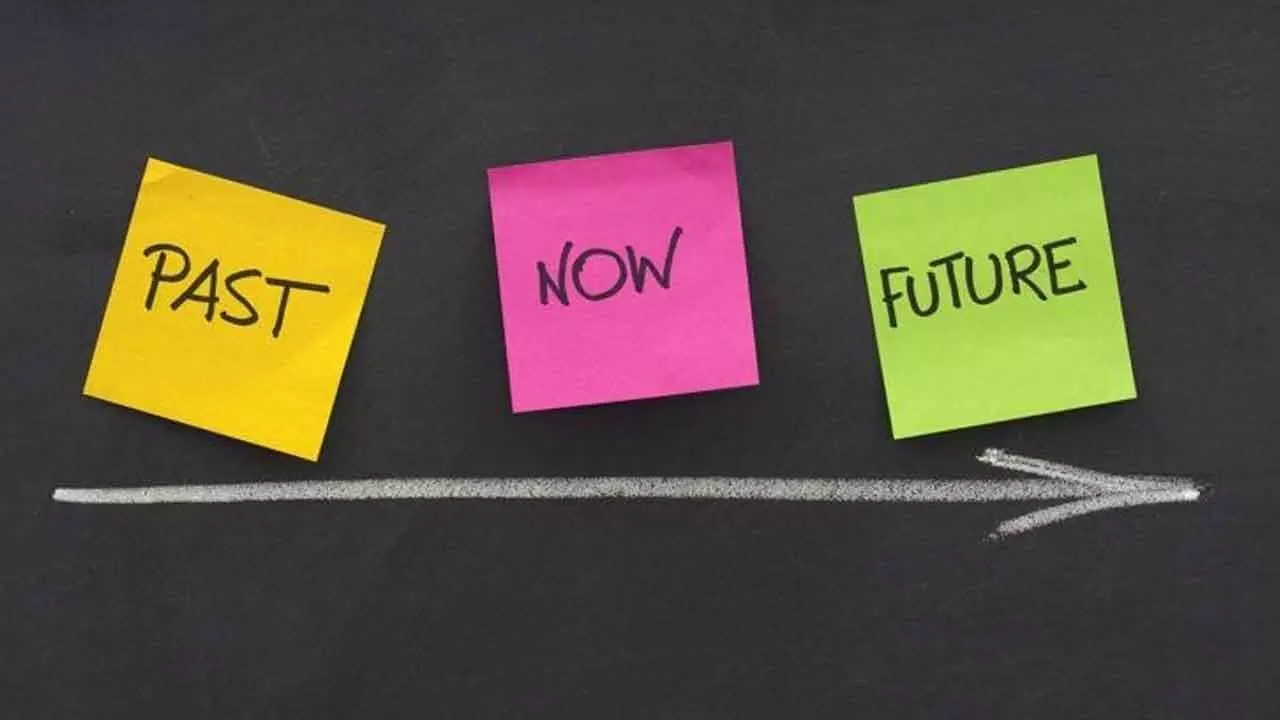Memories of personal experiences can influence many aspects of our life

Conventional wisdom suggests that memories of past experiences can help us navigate problems in the present. For example, if a friend told you they were having a disagreement with their partner, you might ask what they did last time after they had argued.
If your child was anxious about a presentation, you might boost their confidence by saying “remember that great speech you did last year”.
Indeed, memory researchers have found people report that a key reason one remembers the past is to solve problems in the present.
But does this prove that drawing on experience is a good problem-solving strategy? How much insight do we have about whether these memories support us to solve current problems? And, objectively, does this strategy help people identify more and better solutions?
To get more conclusive evidence, and answers thereof, we ran two experimental studies (one with 170 students and another with 340 students).
In each, we instructed some people to recall previous times they were successful (we call this the ‘memory group’). We instructed others to recall neutral personal memories like what they had for breakfast that morning (the ‘control group’). We then asked both groups to come up with as many solutions as they could to everyday problems, such as resolving a disagreement, or working in a team to complete a project.
We expected the memory group to generate more solutions to these problems than the control group. But surprisingly, they did not. Both groups generated the same number of solutions. Does this mean drawing on the past is an ineffective problem-solving strategy, or perhaps only effective for some people?
Decoding the memory and problem-solving link
To dig further, we asked all participants what was going on in their heads while they were coming up with solutions. Across both groups, some participants said they drew on past experiences we did not specifically instruct them to recall.
This result hinted that recalling memories might be something some people are in the habit of doing anyway, and a possible reason why our memory instructions didn’t seem to make a difference. We therefore wondered if our instructions were only helpful for participants who do not typically use their memory to solve problems.
Indeed, in a follow up study with 237 student participants, we found our instruction to recall past successful experiences was useful, but only for a subset of people. Specifically, this applied to participants who reported they don’t typically use their memory of personal experiences for problem solving.
The participants came up with more solutions than anyone else. We reasoned that this was because they already had other good problem-solving strategies (for example, thinking about facts relevant to the problem or thinking laterally and creatively) and we had merely given them an additional strategy (recalling their past). However, we found no relationship between how often participants typically used their memory to solve problems, and how many solutions they came up with.
Memories can help with difficult tasks
What do our findings tell us? Recalling a memory may be helpful for generating solutions to problems, but it is not the only or best way to solve problems. However, recalling a memory might help more or be more important in other problem-solving steps, such as defining a problem or implementing a solution once you’ve thought of it. For instance, some experimental evidence suggests intentionally remembering past experiences could be helpful for doing hard things, such as public speaking, exercising or overcoming a fear of heights.
One study found people who remembered a positive public speaking experience before giving a speech were less anxious and did a better job.
Another study found people who recalled a positive experience with exercise increased their exercise over a week, even when the researchers considered their prior attitudes, motivation and exercise activity.
A specific positive and related memory may therefore be helpful to following through on your intention to perform a specific behaviour. Conversely, as we have found, recalling a memory might not be the best or only approach for coming up with multiple solutions to a problem. People also report that they recall their experiences to shape their identity and to develop and maintain relationships through reminiscing.
Memory of personal experiences therefore has the potential to influence many facets of our life. Overall, our research highlights the importance of context – when, how and who is drawing on memories of past experiences to solve problems – when we consider conventional wisdom about memory.
(The writers are from Victoria University of Wellington)

